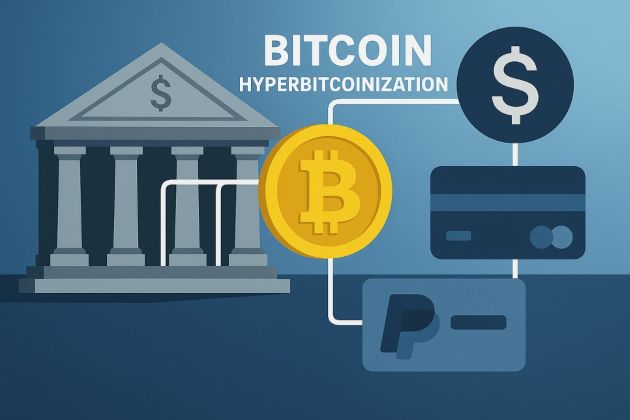In a move aimed at tightening the reins on financial transactions within the crypto space, Japan’s Financial Services Agency (FSA) has issued a directive to financial institutions nationwide.
This directive calls for an enhanced monitoring mechanism targeting “unlawful” transfers to digital currency exchange providers, underscoring the regulatory body’s resolve to curb financial crimes leveraging digital currencies.
A Proactive Approach To Financial Security?
The FSA’s initiative comes after an analytical report from the National Police Agency, as referred to in the directive, highlighting a worrying trend: a substantial portion of the damages incurred from specialized fraud and unlawful money transfers finds its way into the crypto ecosystem. The FSA noted:
At present, the number of cases of damage caused by specialized fraud still remains high, and there are also many cases of damage caused in internet banking by unlawful money transfers. According to an analysis by the National Police Agency (NPA), most of these damages are transferred using crypto-assets.
The FSA has advised financial institutions to “strengthen their user’s protection” concerning transactions directed toward crypto-asset exchange service providers to mitigate this risk.
Among the recommended actions is a particularly stringent measure: halting transfers where the sender’s name does not match the account name, aiming to clamp down on identity theft and money laundering operations that exploit the digital currency market’s relative anonymity.
Further emphasizing the need for vigilance, the FSA has advocated for a “comprehensive strengthening” of the monitoring processes concerning illicit transfers to digital currency exchanges.
Japan’s Balanced Crypto Regulatory Framework
Japan’s stance on digital currency regulation has historically been one of cautious openness, recognizing the potential of digital assets while striving to ensure a “better” environment for their use and exchange.
The recent guidelines issued by the Japanese Crypto Asset Business Association (JCBA) on Initial Coin Offerings (ICOs) exemplify this balanced approach. These guidelines aim to refine the ICO process, focusing on transparent price calculation methods, liquidity benchmarks, and overall regulatory compliance.
Despite the regulatory measures to monitor and potentially restrict certain types of crypto transfers, Japan continues to demonstrate a “forward-thinking” attitude toward digital assets.
The country’s government has recently granted startups the ability to raise funds through cryptocurrencies. In addition, the Japanese government has also approved a 2024 tax reform beneficial to corporations by excluding them from paying tax on unrealized crypto gains if they hold the assets longer term.
This update came after the Japan Blockchain Association (JBA) formally petitioned the authorities last July, asking them to review and slash the taxes on digital currency assets.
Featured image from Unsplash, Chart from TradingView











